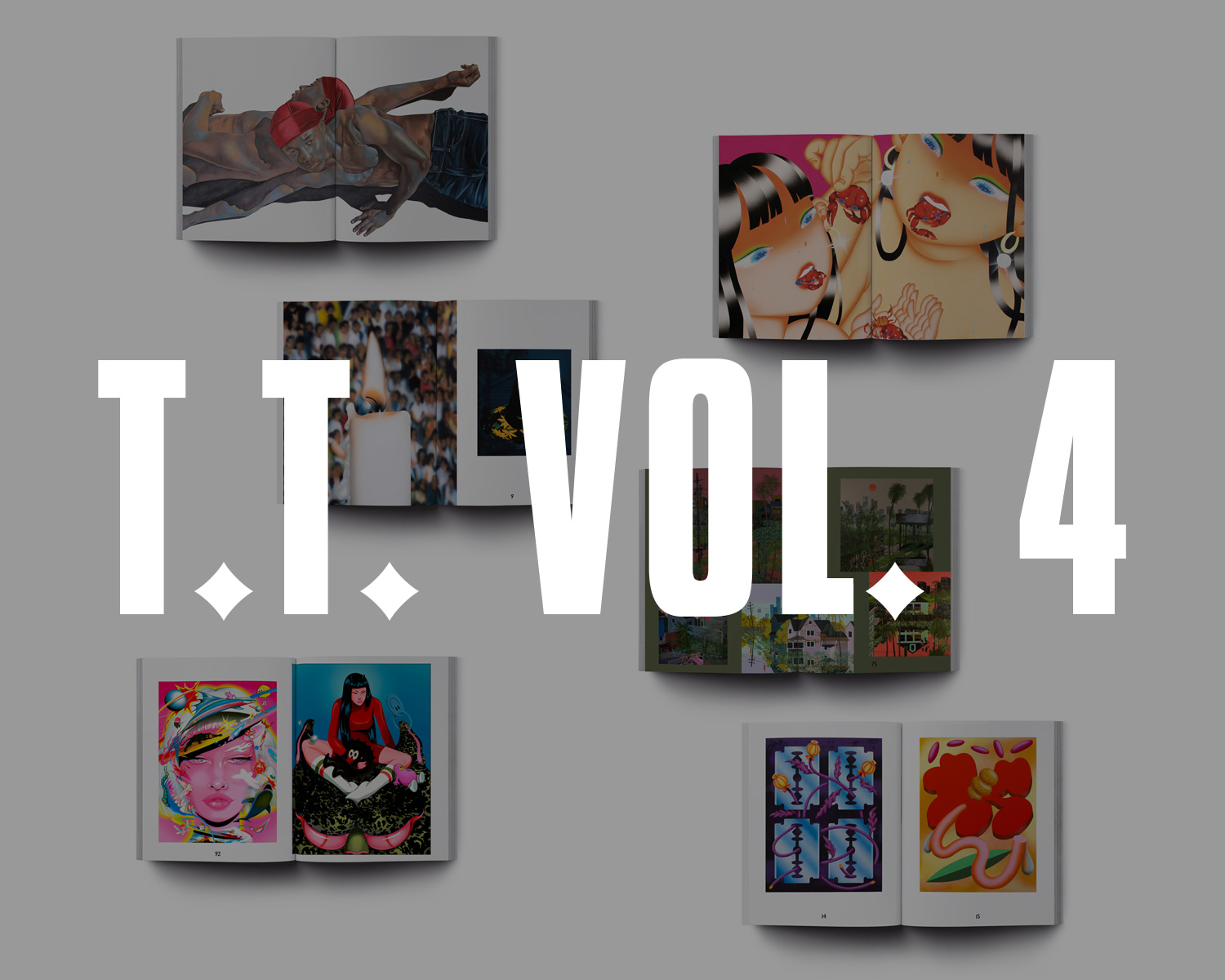A charming and tender love story from Finland’s most prominent filmmaker and screenwriter Aki Kaurismäki (Le Havre, The Other Side of Hope). Set in modern day Helsinki, Fallen Leaves follows Ansa (Alma Pöysti) and Holappa (Jussi Vatanen), two lonely souls who meet by chance at a local karaoke bar. However, a series of obstacles — from small miscommunications to alcoholism — prove some happy endings are much harder to come by than others. Kaurismäki’s idiosyncratic style and deadpan sensibility work to create something that feels both bittersweet and uplifting.
Fallen Leaves won the Jury Prize at the 2023 Cannes Film Festival and is Finland’s official submission to the Oscars. It’s definitely a film for film lovers. A tribute to, and perhaps gentle reminder of, the potency of moviegoing. Even if you experience this one via streaming, Fallen Leaves takes you to a time and place where an alternative to the traditional cinema house doesn’t seem to exist. Not only do the main characters “go to the movies” in the classic sense, the film as a whole feels far removed from any digital machinations.
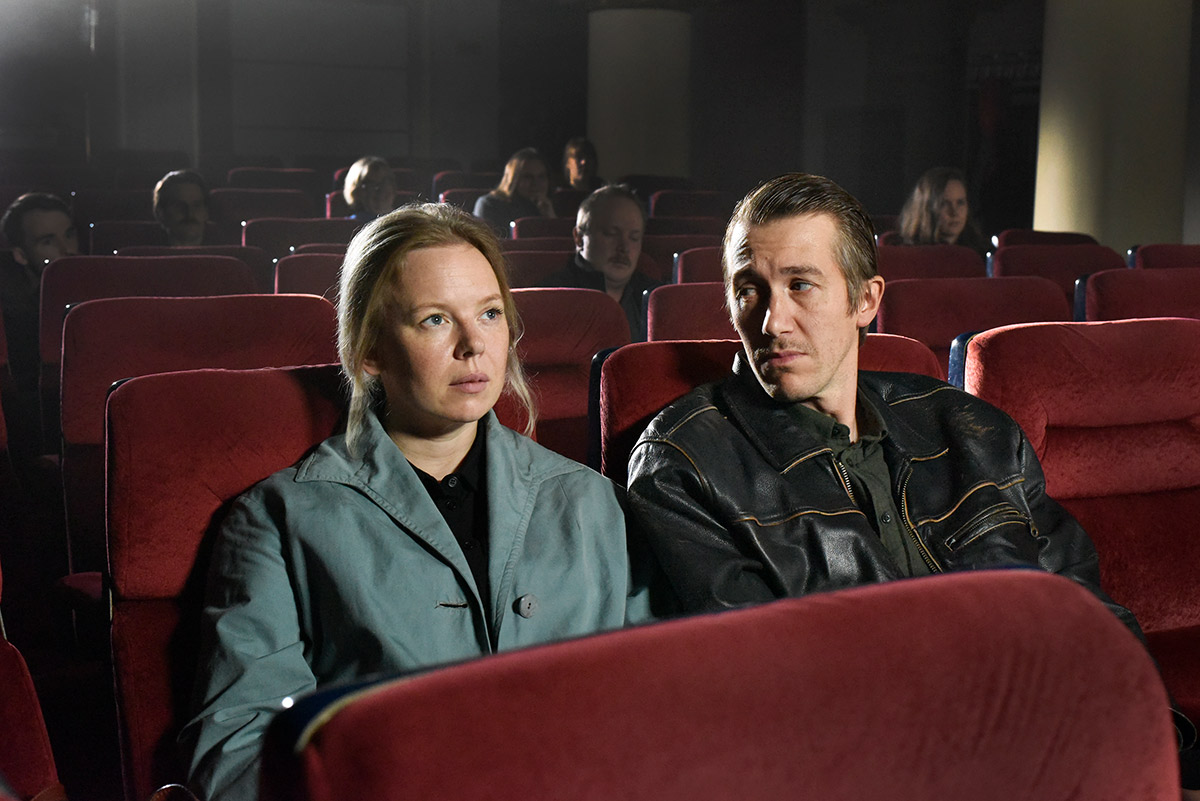
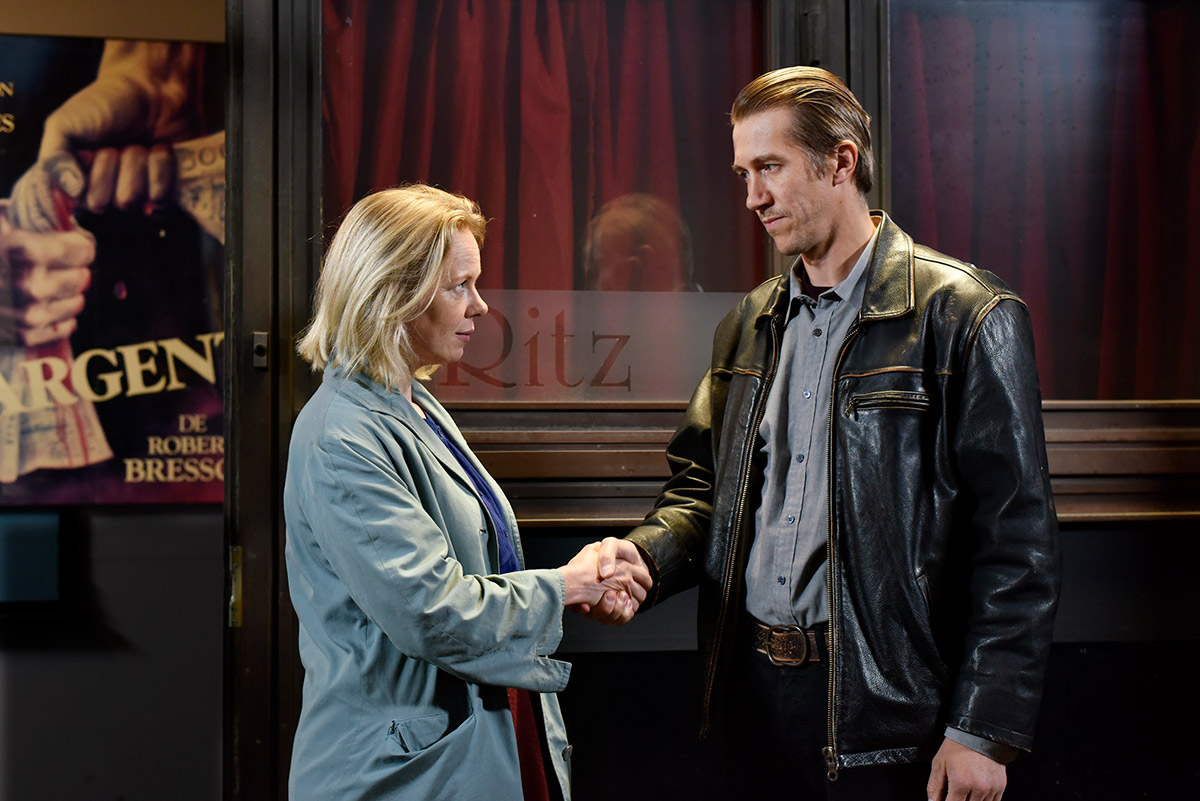
This might have to do with Kaurismäki’s commitment to shooting on film stock. But even within the narrative itself certain technologies seem downright anachronistic. Like watching old episodes of Seinfeld, you’re introduced to a way of life before smartphones and instant messaging made chance encounters and missed connections a rare occurrence. There are cell phones in this movie (and even a laptop) but this is a world where people still tune in to the radio and write down their phone numbers on little pieces of paper.
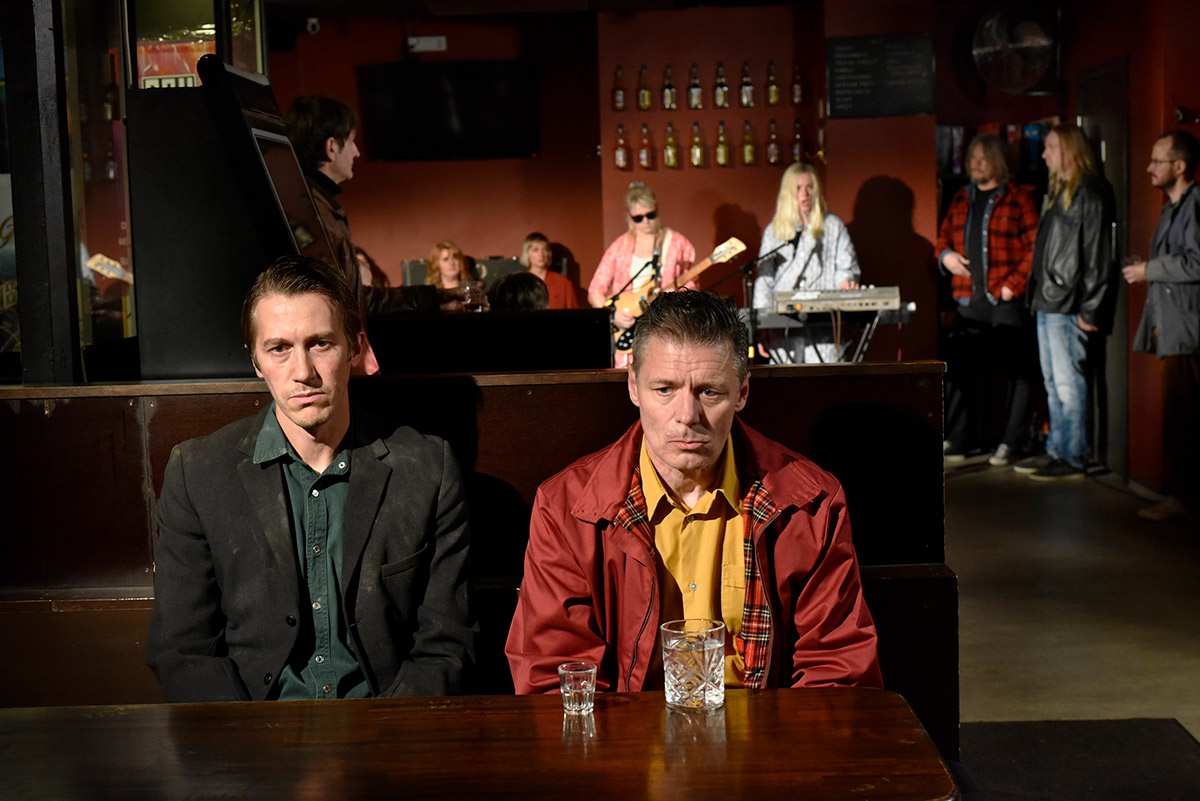
If this is your first Kaurismäki viewing experience, the dialogue and performances will definitely stand out to you. The line readings are intentionally deadpan and conversations bounce dryly back and forth without naturalistic timing. Kaurismäki is obsessed with a sort of anti-acting, often preventing his actors from reading the script in advance. He’s known for allowing only a single rehearsal before rolling the camera, and for requesting that lines be read without passion — sometimes directly off cue cards. The results are unusually captivating.
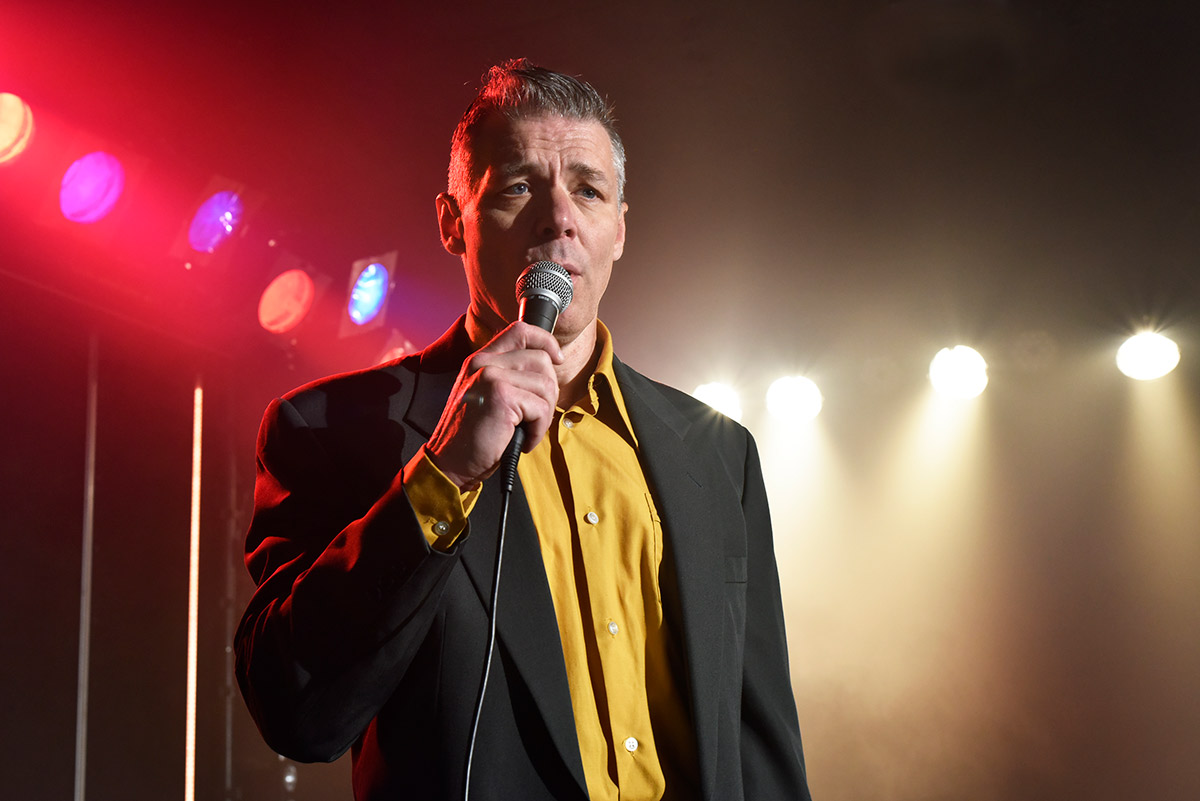
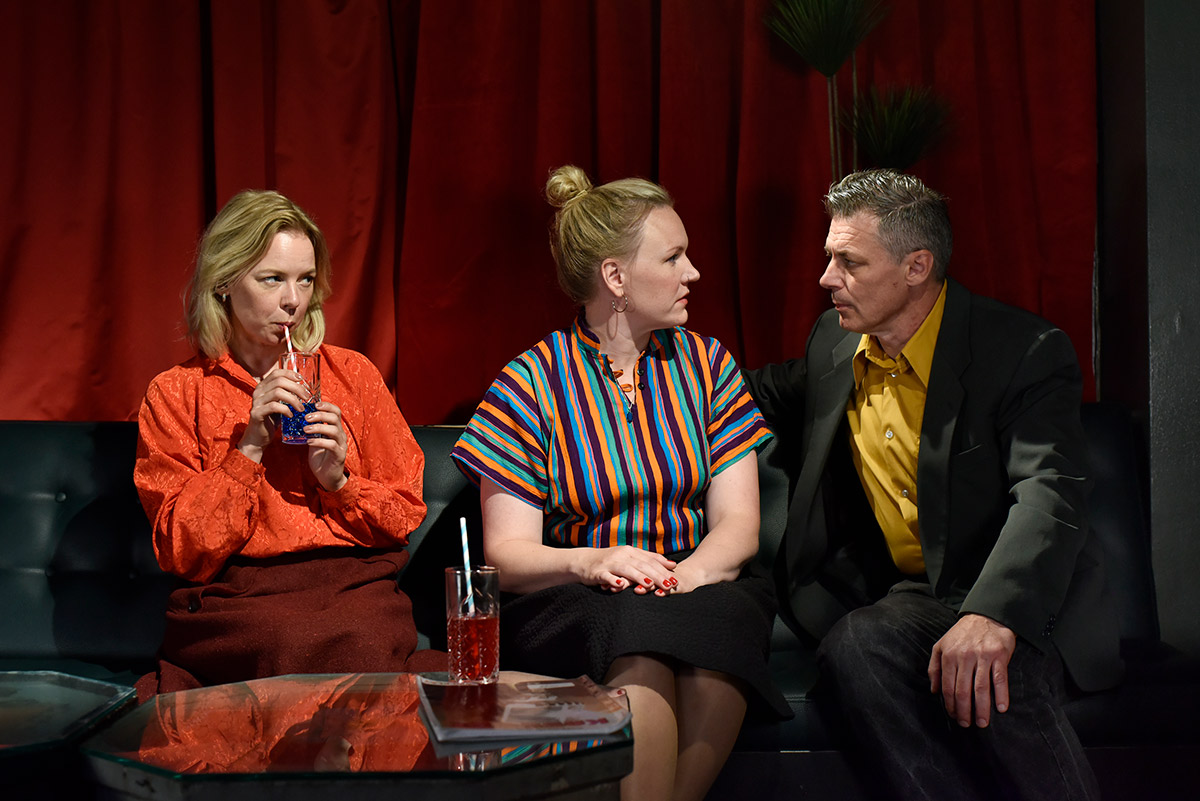
Kaurismäki was born in 1957 and grew up in an age dominated by television. His work is often caught up in the relationship between the real world, the screen world, and the inseparable truths of both. International audiences may be less aware of his ever-present allusions to Finnish culture, but will undoubtedly find meaning in the posters hanging outside the theatre after Ansa and Holappa see Jim Jarmusch’s The Dead Don’t Die (2019). Broader references and themes include the war in Ukraine, sensationalized headlines, over consumption and (food) waste – pressing concerns for our world, both past and present.
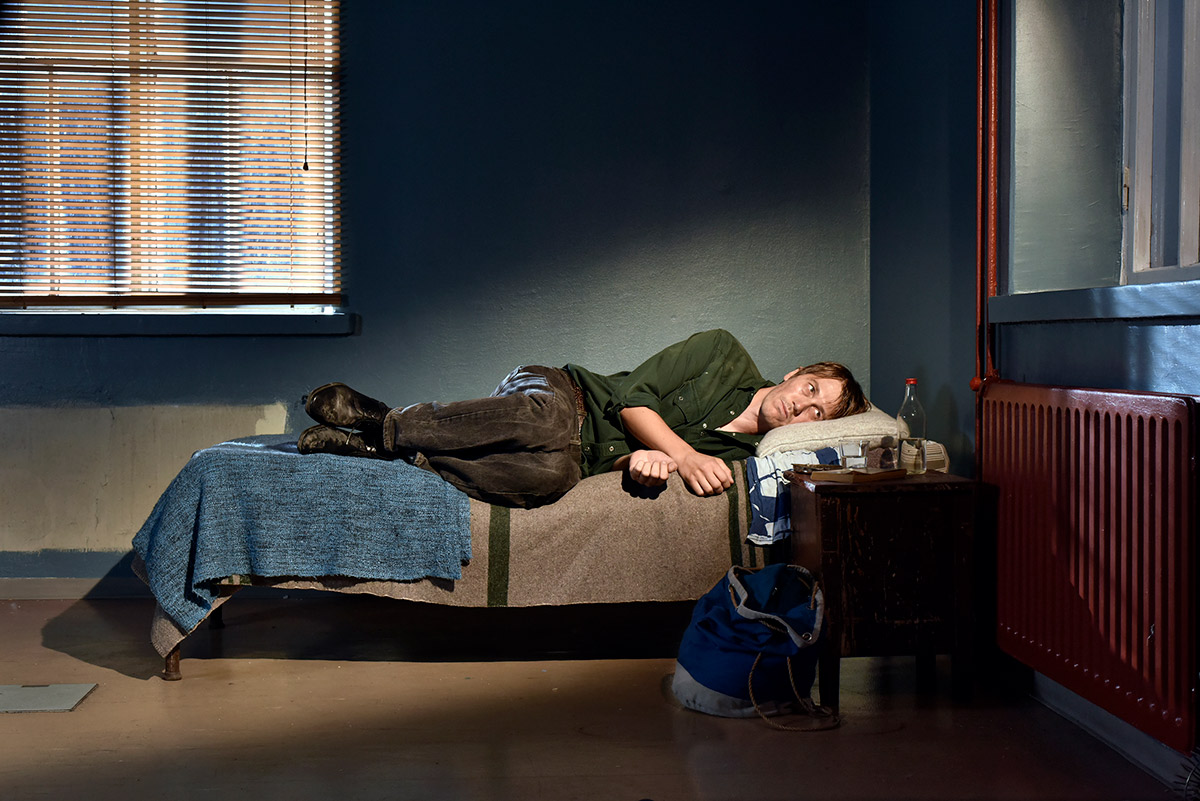
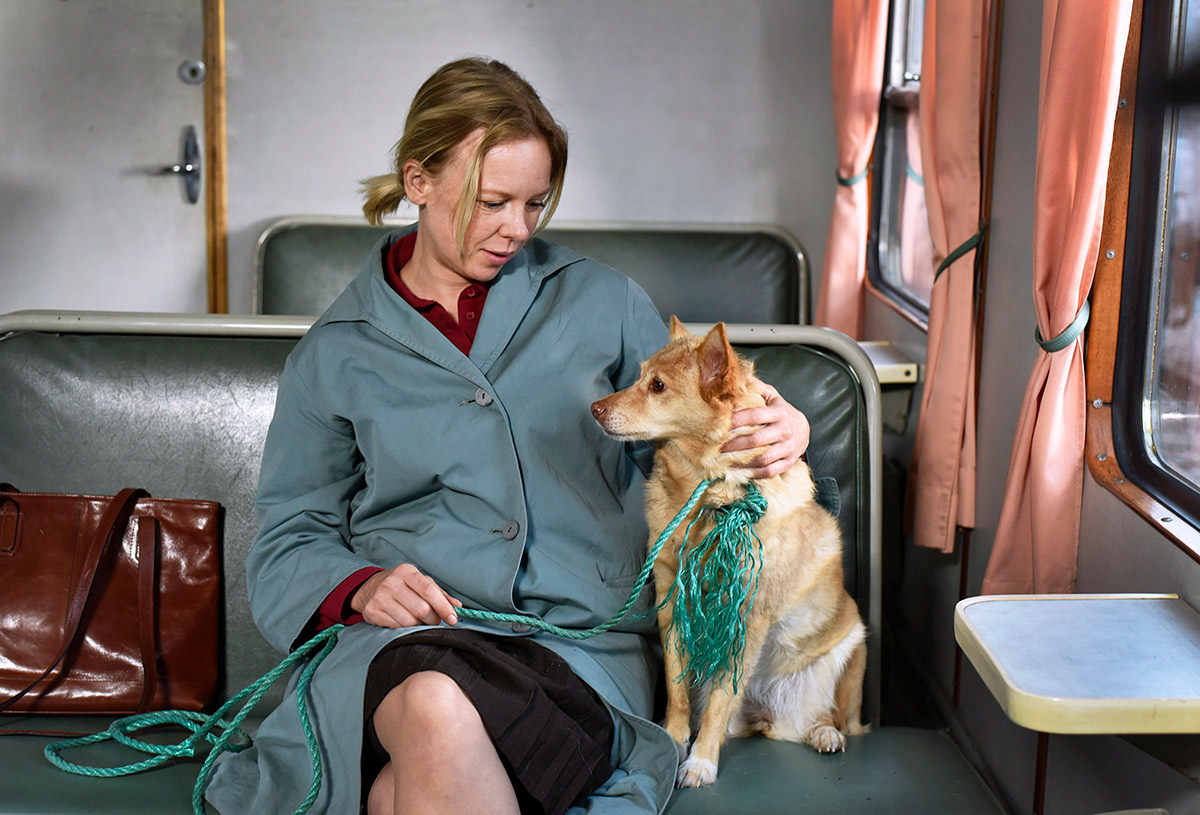
Whether speaking to us about the here and now or gesturing nostalgically to days gone by, the story of Ansa and Holappa is timeless. Even their names are largely irrelevant throughout much of the film. What they represent is much more universal: the human struggle to build a life of our own and connect with one another. No matter how bleak or unfortunate, awkward or painful their circumstances become, Ansa and Holappa continue on — job after job, chance after chance — with a steadiness that can’t help but leave one feeling hopeful. Or, at the very least, seen.
Get 30 days free to watch Fallen Leaves and hundreds more hand-picked films on MUBI at mubi.com/booooooom.
Calling all artists and illustrators! We are publishing a new art book and this is your chance to submit images to it!
Related Articles

